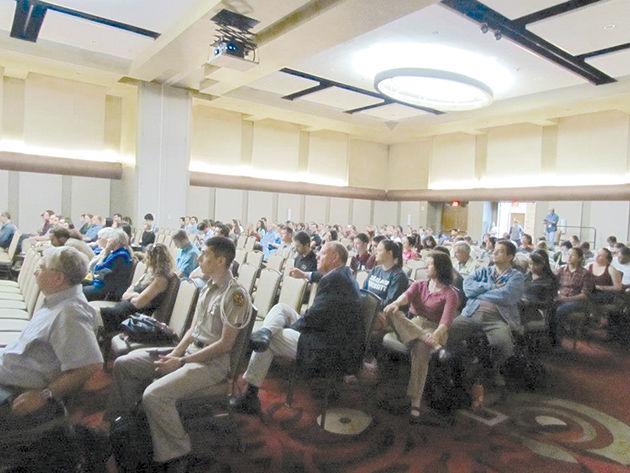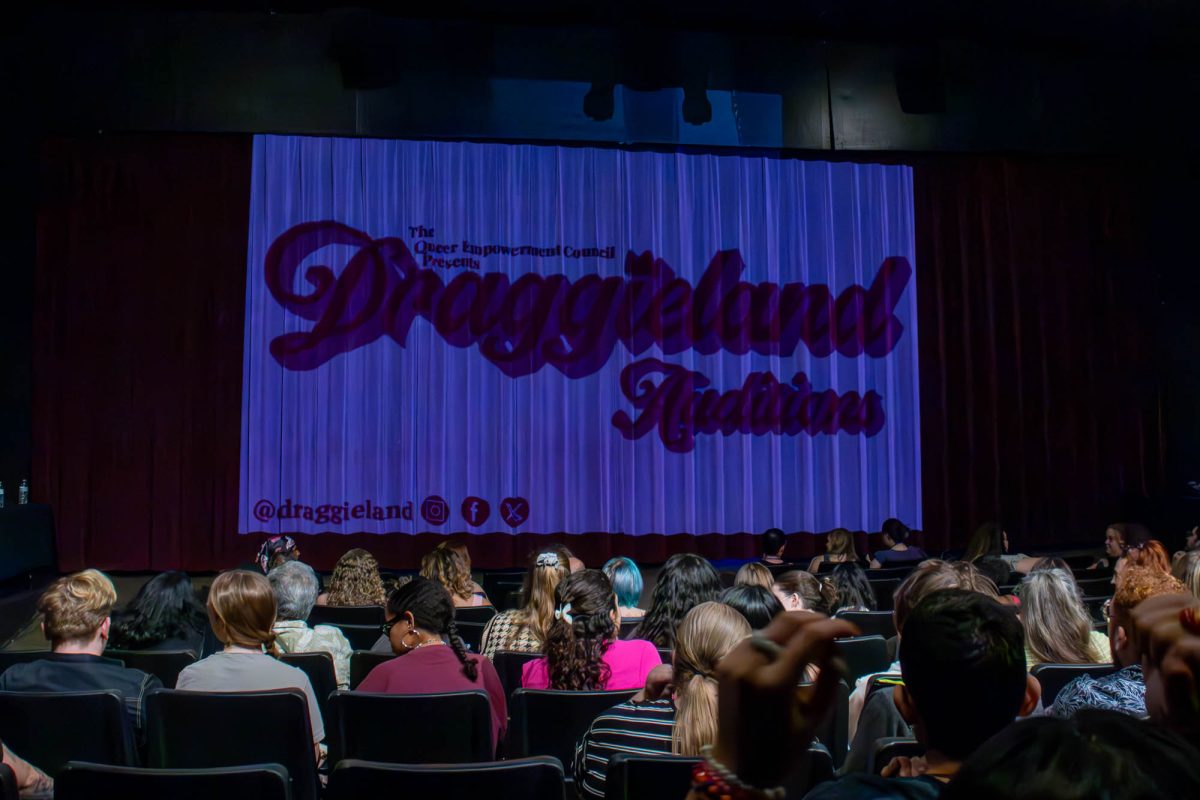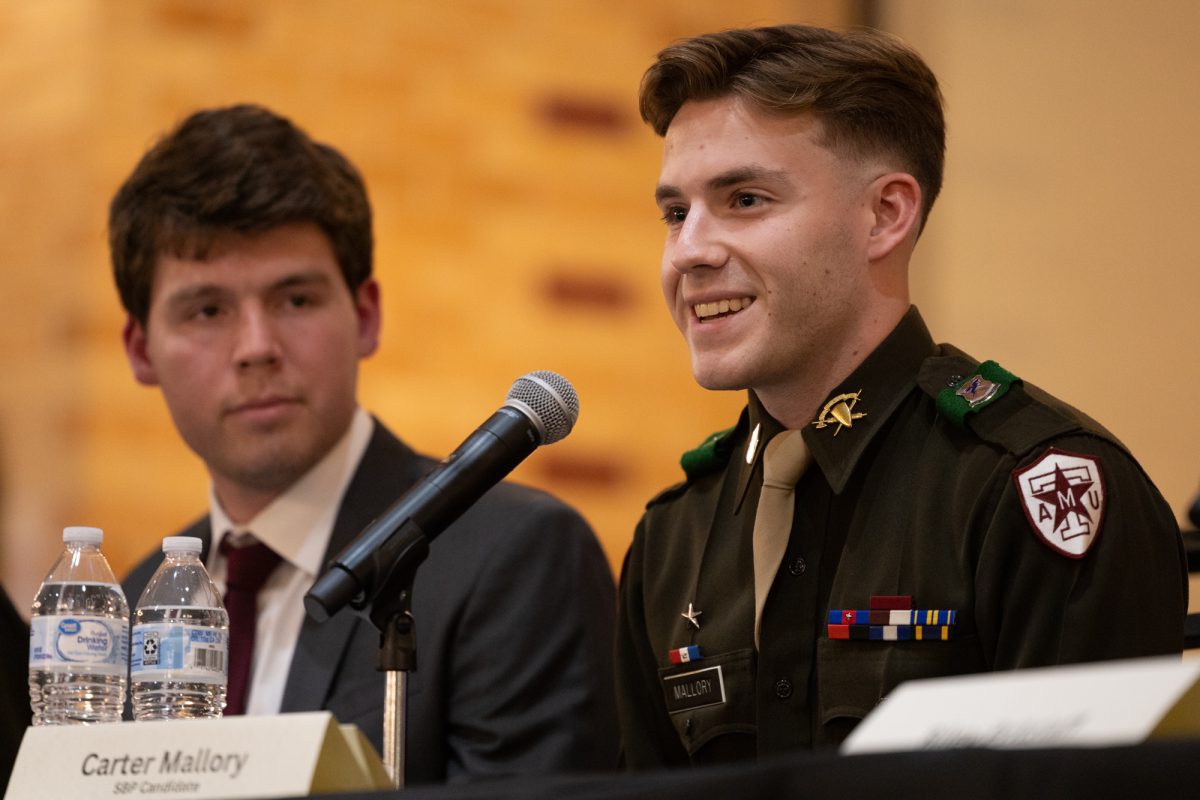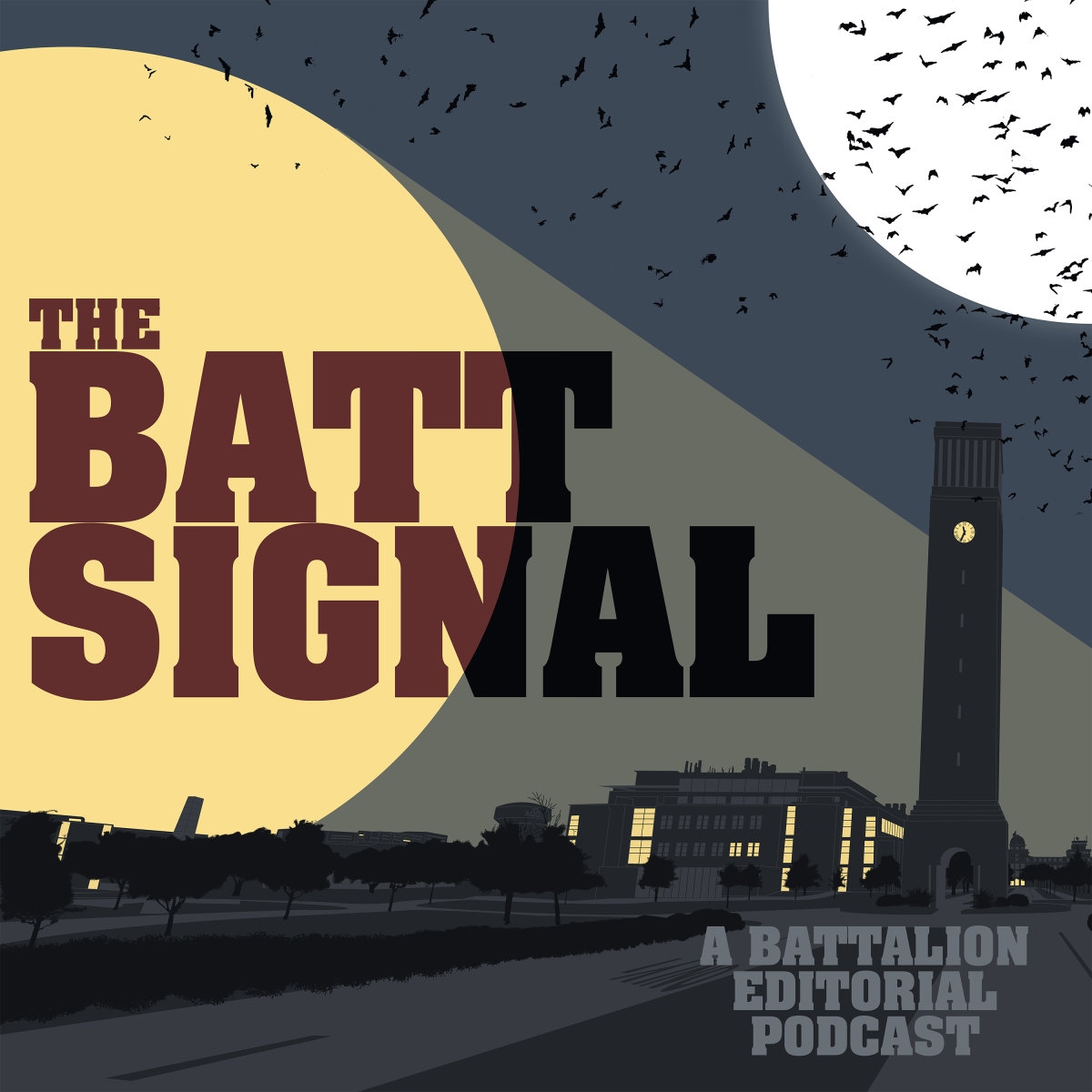The 18th annual ecological Integration Symposium will host six top scientists in their fields to discuss ecology research.
The symposium, which will take place Thursday and Friday, will follow the theme of “Micro to Macro: Ecology in the Anthropocene.” EIS is a student-run organization to promote education from various departments in all aspects of ecology. The structure of the symposium varies from year to year, with one day for plenary speakers and one day of student presentations, talks and posters along with a final award ceremony and social.
The original purpose of EIS was for students to bring speakers from outside the university to talk about topics of interest, said committee member David Saenz.
“It is a multidisciplinary project that is supposed to promote all aspects of ecology,” Saenz said.
This symposium will provide an opportunity for undergraduate and graduate students to present their research, committee member Xavier Jaime said.
“It integrates not only scientists from across the campus or other universities, it also brings an opportunity for students, graduate students and undergraduate students, to present posters and talks and get positive feedback,” Jaime said.
For students in environmental majors, the speakers provide an opportunity to learn more about specific fields within ecology.
“You have an opportunity to speak to people you usually wouldn’t otherwise get to,” Saenz said. “You also get to see what your peers are doing for the student talks. For the most part, I had no idea what a lot of my friends were studying, and EIS is a quick way to figure out what everyone else is doing.”
The symposium is an unusual opportunity for students within these related majors to get professional experience without the means of traveling to similar events elsewhere, said committee chair Lauren Redmore.
“It’s also a really great way for people to get professional experience in presentation,” Redmore said. “A lot of students who don’t have the opportunity to travel, or they’re maybe midway working on their research, this provides them the opportunity to get feedback about the presentation itself, as well as the science that they’re doing.”
Students pursuing non-environmental majors who would like to attend the symposium are also welcome. Saenz said he thinks the symposium will motivate people about science in a general sense.
“For non-environmental majors, it’s just an opportunity to expose yourself to something that you aren’t generally exposed to, but still will impact your life whether you want it to or not,” Saenz said.
This will be the first year the symposium will host six speakers, each of whom are leaders within their fields of study. Each speaker will focus on the specific topic of micro to macro ecology in the anthropocene, but from their own view and specialization. The audience will have the opportunity to meet the speakers and learn about their work throughout the day.
“I’m particularly interested by the topic we chose, it is so broad and so relevant to today,” Jaime said. “It will be interesting what they can bring to contribute to that.”
These are pressing topics to focus on right now due to the current political climate surrounding science according to committee chair Nikki Roach.
“It’s also really important to stand up for science right now in the current political climate. A lot of science is seen as apolitical, but politicians have been politicizing science,” Roach said. “I think it is important for scientists now more than ever to stand up for using research and making decisions based on evidence, and promoting good science and not being afraid to speak up and not just hide behind our research, because those days are over.”
More information about the Ecological Integration Symposium, can be found at this year’s website: http://eeb.tamu.edu/eis/2017-2/.
Ecological Integration Symposium presents speakers, research to public
March 22, 2017
Photo by Provided
The Ecological Integration Symposium provides undergraduates and graduates
the opportunity to show off their research.
0
Donate to The Battalion
$1535
$5000
Contributed
Our Goal
Your donation will support the student journalists of Texas A&M University - College Station. Your contribution will allow us to purchase equipment and cover our annual website hosting costs, in addition to paying freelance staffers for their work, travel costs for coverage and more!
More to Discover










